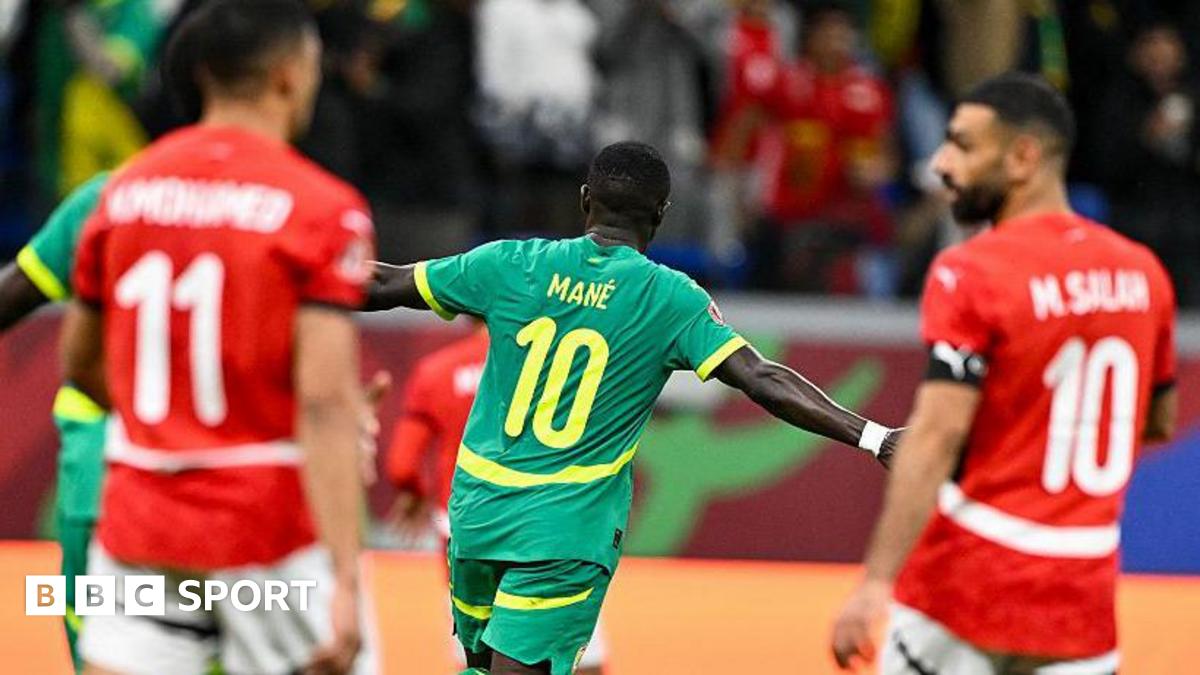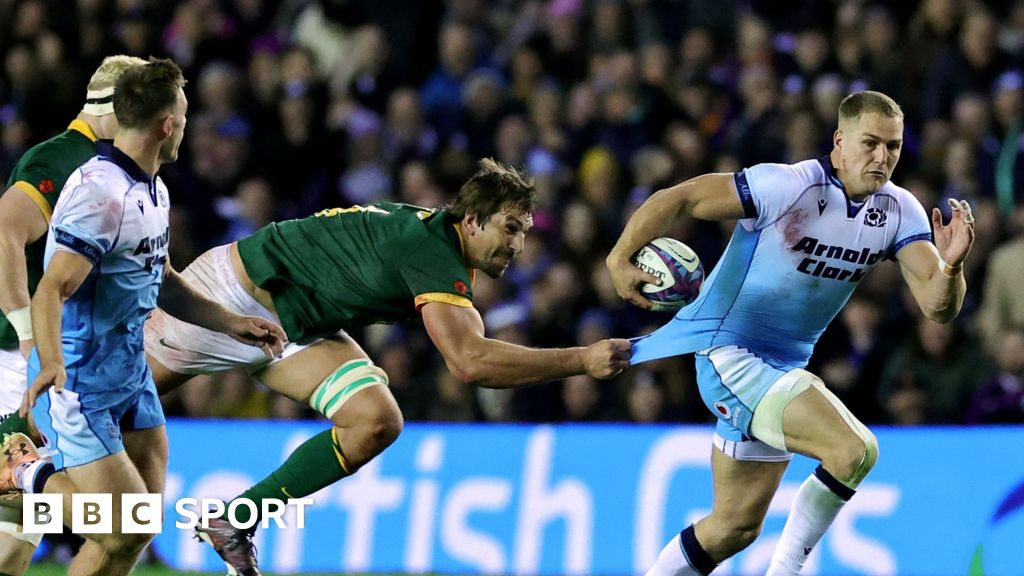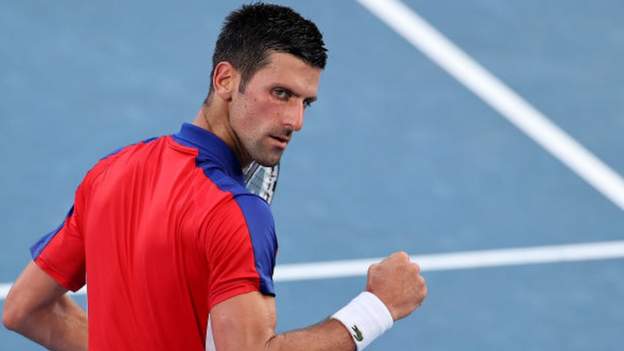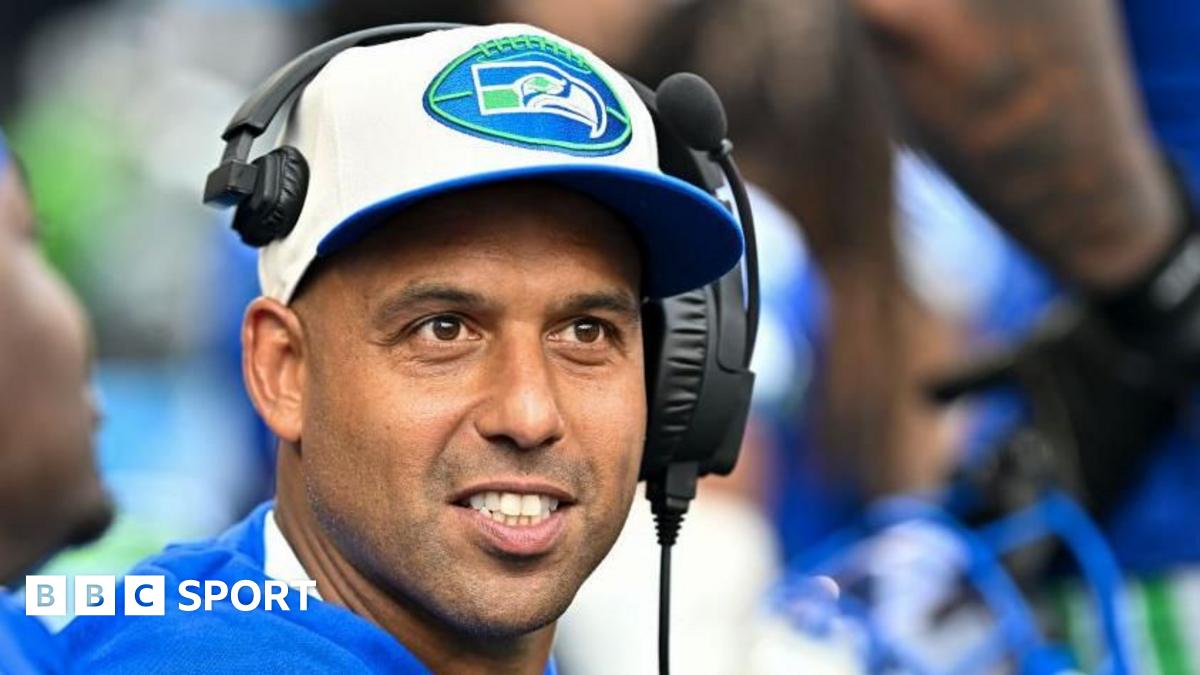What did this tell us about Scotland? It screamed that, physically, they can be ferocious. Not in the scrum and certainly not when the bench has to be called upon, but around the field. Scotland have major problems in front-row back-up, but that’s hardly news.
The game showed the excellent Tom Jordan is a massive addition to the mix in any number of positions and that Max Williamson is made for Test rugby.
Williamson is the hulking lock that Scotland need. He can hit and play. He turned over Siya Kolisi at one point. He drove into the guts of the Boks a number of times. He has power and youth. At 22, he’s excitement on legs.
He was injured for this one, but Gregor Brown is another of Scotland’s coming force. By the end of the autumn, head coach Gregor Townsend is going to have more live contenders for a Six Nations 23 than he had going into the autumn.
Jamie Dobie is another. Kyle Steyn, Kyle Rowe and Darcy Graham will be back. Euan Ferrie is one to watch. There are positives in lots of places. The autumn will be a success if they can go experimental in a victory over Portugal next weekend and then see off an apparently resurgent Australia the week after.
The problem here was one of execution. The Boks were ruthless and Scotland were not. Strip away everything else and that was it in a nutshell.
There’s a wider theme around the Scottish attack. Think of the kind of tries they tend to score. In the first match of the Six Nations, Pierre Schoeman blasted over for the opening try after Scotland stressed the Welsh defence for 13 phases. That type of try is not all that common for Townsend’s team.
Usually, it’s a one or two-phase wonder score, like Duhan van der Merwe’s second in Cardiff, like Ben White’s try against France and like Van der Merwe’s hat-trick against England. When they come off, inspired by the excellence of Finn Russell or Huw Jones, they are stunning. Against the best defences in the world, those incredible scores are harder to come by. You need more weapons.
Townsend and his coaches need to have a serious look at the way they play in the opposition red zone against the elite. Sensational work putting them in position, but why did so many outstanding opportunities go begging against the Boks?
Great defence, sure. Cynical defence, very possibly. But what else? What can they learn about the way they attack when they have an opponent in trouble close to their own line? How do they turn the screw through dynamic phase play rather than banking on individual moments of brilliance? As good as much of Sunday was, their inability to convert was painful.
That’s no tries in two Tests against the Boks. In the Six Nations they got one against France and one against Ireland and failed to score a point against Ireland in Paris in the World Cup until the game was long done at 36-0.
Scotland play a brand of attacking rugby that can warm the heart, but cold-bloodedness is required, too. They are the great entertainers when they really need to be the great executioners.




















